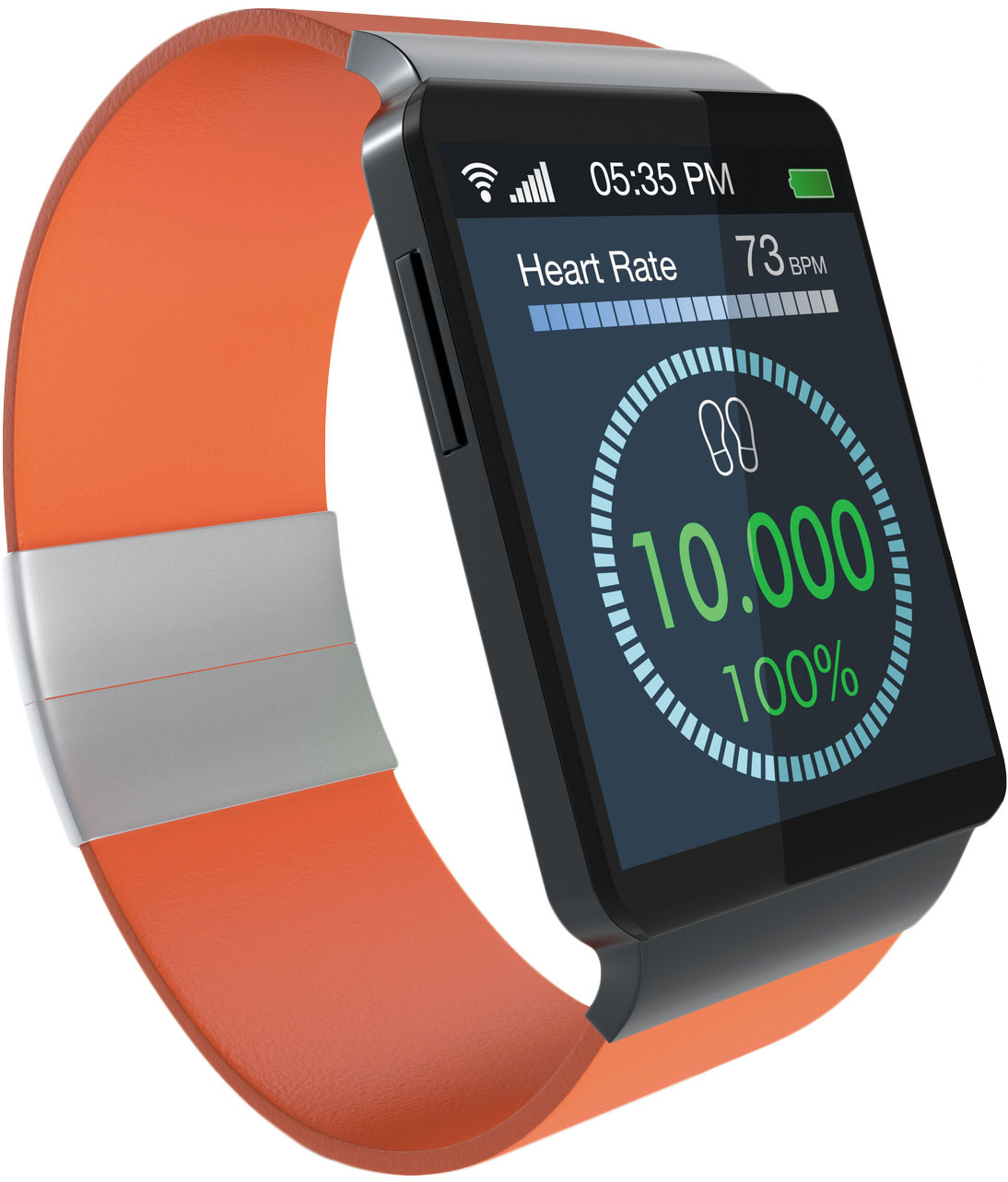Wearable fitness trackers may aid weight-loss efforts
News briefs
 If you’re starting a weight-loss plan, consider wearing a fitness tracker — like a smartwatch or bracelet that tracks steps, speed, and calories burned, and allows you to set goals, program reminders, and monitor your progress. A review published online March 17, 2021, by the British Journal of Sports Medicine found the devices helped overweight or obese people with chronic conditions (such as heart disease or diabetes) reduce body weight and lower their body mass index (BMI). Researchers pooled data from 31 studies, involving more than 2,200 people. Studies required participants to wear a fitness tracker (many types were included) and set and meet weekly goals based on daily steps or minutes walked. Exercise programs that lasted at least 12 weeks were most effective. People who wore research-grade fitness trackers (not available to the general public) lost the most weight (10 pounds), compared with people who did not use fitness trackers. People who wore commercially available fitness trackers (Like Fitbit or Jawbone) lost an average of 6 pounds and two BMI points. Researchers say wearing a fitness tracker is a constant reminder to pursue health-related goals and be active.
If you’re starting a weight-loss plan, consider wearing a fitness tracker — like a smartwatch or bracelet that tracks steps, speed, and calories burned, and allows you to set goals, program reminders, and monitor your progress. A review published online March 17, 2021, by the British Journal of Sports Medicine found the devices helped overweight or obese people with chronic conditions (such as heart disease or diabetes) reduce body weight and lower their body mass index (BMI). Researchers pooled data from 31 studies, involving more than 2,200 people. Studies required participants to wear a fitness tracker (many types were included) and set and meet weekly goals based on daily steps or minutes walked. Exercise programs that lasted at least 12 weeks were most effective. People who wore research-grade fitness trackers (not available to the general public) lost the most weight (10 pounds), compared with people who did not use fitness trackers. People who wore commercially available fitness trackers (Like Fitbit or Jawbone) lost an average of 6 pounds and two BMI points. Researchers say wearing a fitness tracker is a constant reminder to pursue health-related goals and be active.
About the Author

Heidi Godman, Executive Editor, Harvard Health Letter
Disclaimer:
As a service to our readers, Harvard Health Publishing provides access to our library of archived content. Please note the date of last review or update on all articles.
No content on this site, regardless of date, should ever be used as a substitute for direct medical advice from your doctor or other qualified clinician.
















